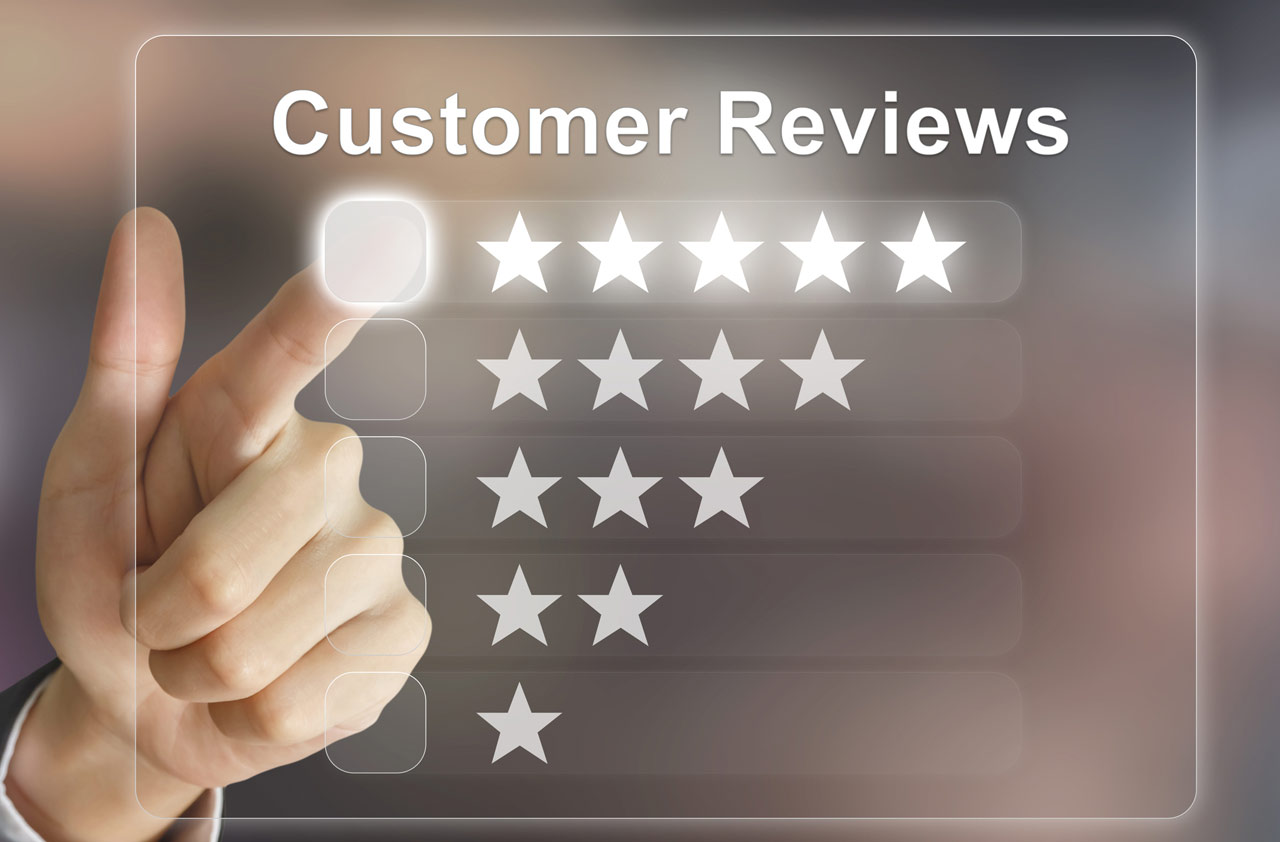ORM – Online Reputation Management

Online reputation management is the practice of promoting a positive image of a business online. Thanks to 3rd party review sites like Yelp and Glassdoor, consumers can go online and easily find information about businesses before making buying decisions. A business must constantly work to protect its reputation and promote its positive image online to remain competitive in the years to come.
The most important thing a business must maintain is their image in search results. Google any business name, and look at the information that loads on the first page. Generally you’ll see the business’s website and their Google My Business card at the top of the page, along with some other directory sites such as Yelp, Indeed, or Glassdoor. This is where the business must work to maintain good reviews, because this is usually the first thing a customer will see when researching the business.
In some cases, a listing may be on page 1 with negative reviews. Unfortunately, you can’t call Google and ask them to take it down, so we must perform reverse SEO to try and drive down that listing in Google. The way we do this is simple:
- Find or create a few important directory pages for the business on very well established websites such as Facebook, LinkedIn, BBB, YouTube, and Crunchbase.
- Create links going to these pages to drive them up in search results
Google Rank is determined mostly by the number of links a page or site has going to it. If they see that there are many links going to a particular page, they will serve that page higher in search results because others found it useful enough to link to it. By creating links going to these profile pages, they will rise to higher positions in search results, in turn pushing down any negative items you don’t want visible.
Types of Links:
- Guest Blog Posts – This is an article posted on another website that links to the page you want to push up in search results.
- Directory Sites – Listing sites such as Foursquare, HotFrog, and Manta. Here you simply create a profile for the business and add the Business Name, Address, Phone Number, Website & Logo. It’s incredibly important that this information is accurate and consistent across all listings, or it could hurt the companies rank.
- Social Bookmarks – These are sites that users can share links to content they found as helpful.
- Submission Sites – Here users can share images and infographics they find interesting along with link going back to the source.
All of these are common types of links that will help boost a page in search results ranking. There are a few guidelines you want to follow when posting links:
- dofollow vs. nofollow – This tells the search engine whether or not they should follow and index a link. If a link is set to nofollow, it won’t pass along any ranking benefit to the target page. A dofollow will boost a page’s authority and rank in search engine result pages.
- Anchor text – this is the actually clickable text of a link. The anchor text should include the keyword your targeting, in the case, the business name.

